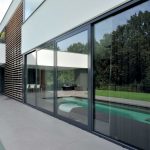Understanding Acoustic Performance in Double Glazing: A Guide for Trade Professionals
September 23, 2025
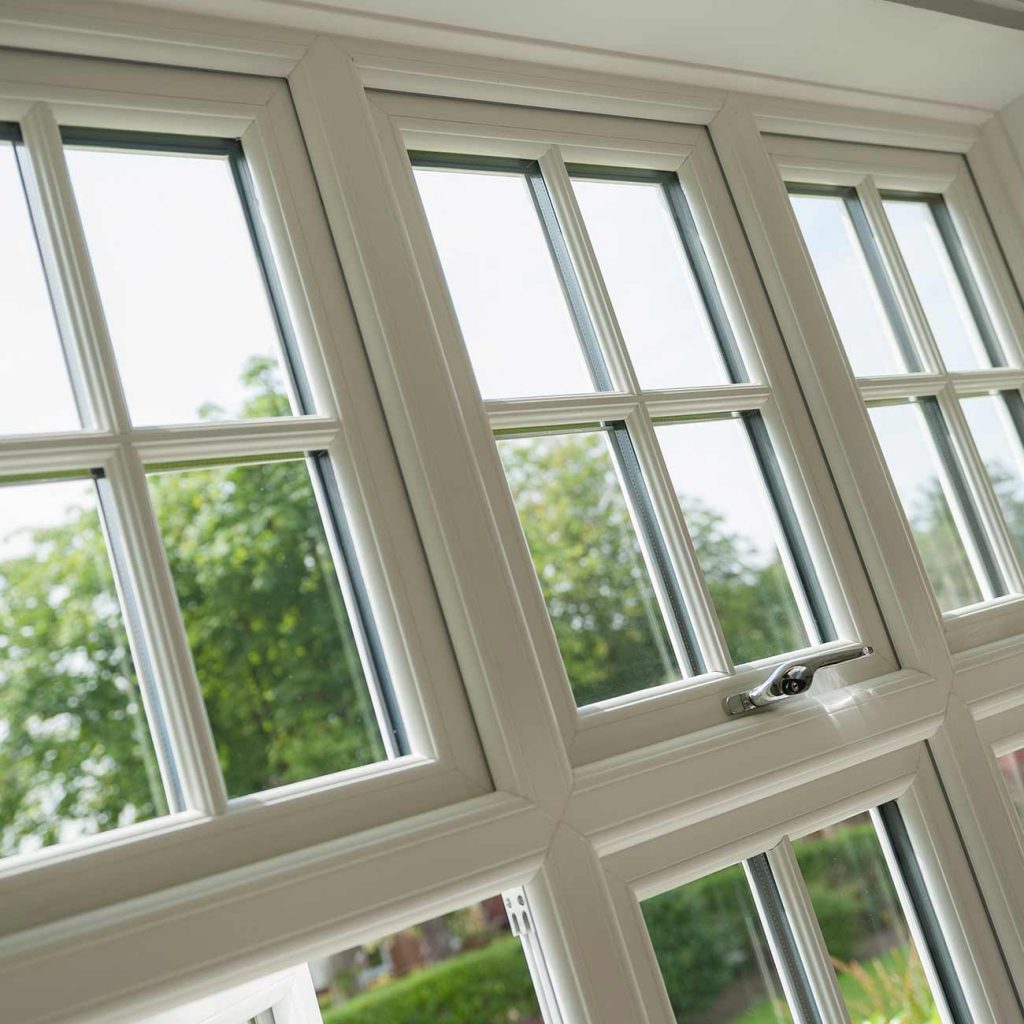
Acoustic performance in glazing is more than a “nice to have” for new windows, it is a core requirement, especially on sites exposed to traffic, busy roads, or other external noise sources. As a trade installer, choosing the right glazing solution not only keeps clients satisfied but ensures compliance, durability, and the reputation of your workmanship. Double glazing cannot only significantly improve a home’s energy efficiency but also substantially reduce noise pollution – a key selling point for trade installers.
What is meant by double glazing acoustic performance?
Acoustic performance refers to how well a window (or glazed system) reduces unwanted sound waves, sound vibrations and sound energy from outside noise. Double glazing (two panes of glass separated by a gap, often filled with gas) and triple glazing (three panes) are often compared, but acoustic performance depends on many interacting variables, not just number of panes.
Key terms
Sound insulation: The ability of glazing plus window frame to block or reduce transmission of external noise.
Noise reduction / sound reduction: Measured in decibels (dB), indicates how much quieter a space becomes inside when outside noise is mitigated.
Acoustic glass / acoustic glazing / noise reduction glass: Special types of glass (or laminated / treated) designed to improve acoustic properties.
Why it matters for trade professionals
Building regulations or local planning permissions may demand certain noise level performance in areas next to roads, rail, airports.
Clients expect comfort: fewer distractions in meeting rooms, bedrooms, offices.
Combined with thermal performance, good acoustic glazing supports energy efficiency and reduces heat loss.
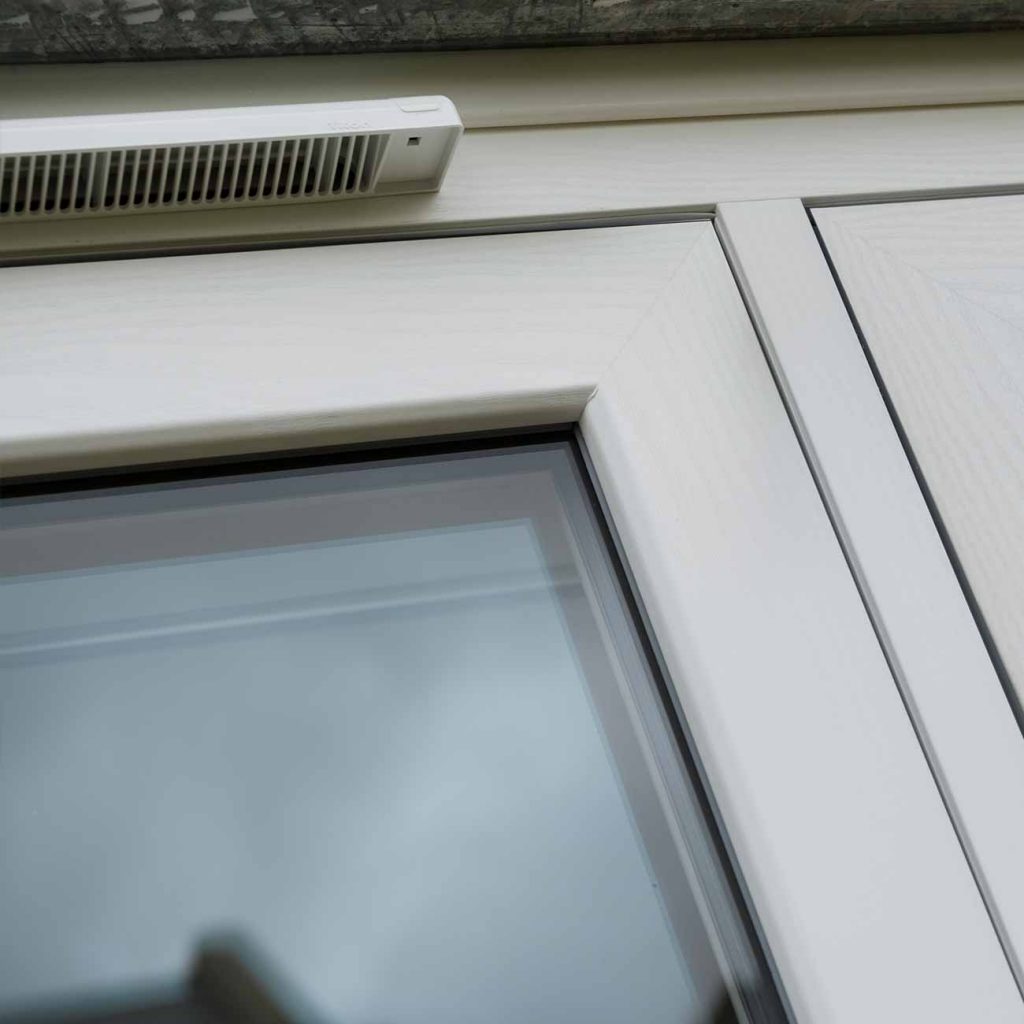
What factors affect acoustic performance in double glazing
Glass type: Laminated or acoustic glass can dampen sound vibrations; thicker glass reduces transmission of some frequencies.
Number of panes: Single glazing performs poorly; double glazing is baseline; triple glazing offers higher sound reduction due to extra pane and extra gaps.
Gas fill: Gas fill has limited direct effect on acoustic performance; its main benefit is thermal. But a dense gas (such as argon gas) helps reduce heat loss and may help reducing condensation that can impair acoustic seals.
Frame design and materials: Window frames (uPVC, aluminium, timber effect) plus seals, edge spacers, glazing beads influence sound insulation significantly.
Installation and sealing: Even the best panes will underperform if frame joints, sealants or beads are poorly fitted; air gaps or leaks reduce the level of noise reduction dramatically.
Double glazing vs triple glazing: What should I choose?
Triple glazing generally gives better sound insulation, especially for lower frequencies from busy roads or external noise.
But it adds cost, weight, in some cases thickness, and may reduce visible glass proportion, which can affect natural light.
In many suburban homes, high quality double glazing, as opposed to standard double glazing, with carefully chosen glass panes, good frame design and correct installation will meet required acoustic performance.
For certain projects, double glazing may not suffice, and triple glazing may be required. These include:
- Projects adjacent to a noisy road or motorway that will have a lot of traffic noise.
- Buildings requiring very low external noise (e.g. schools, meeting rooms, studios).
- Where building regulations or local authority planning impose strict acoustic standards.
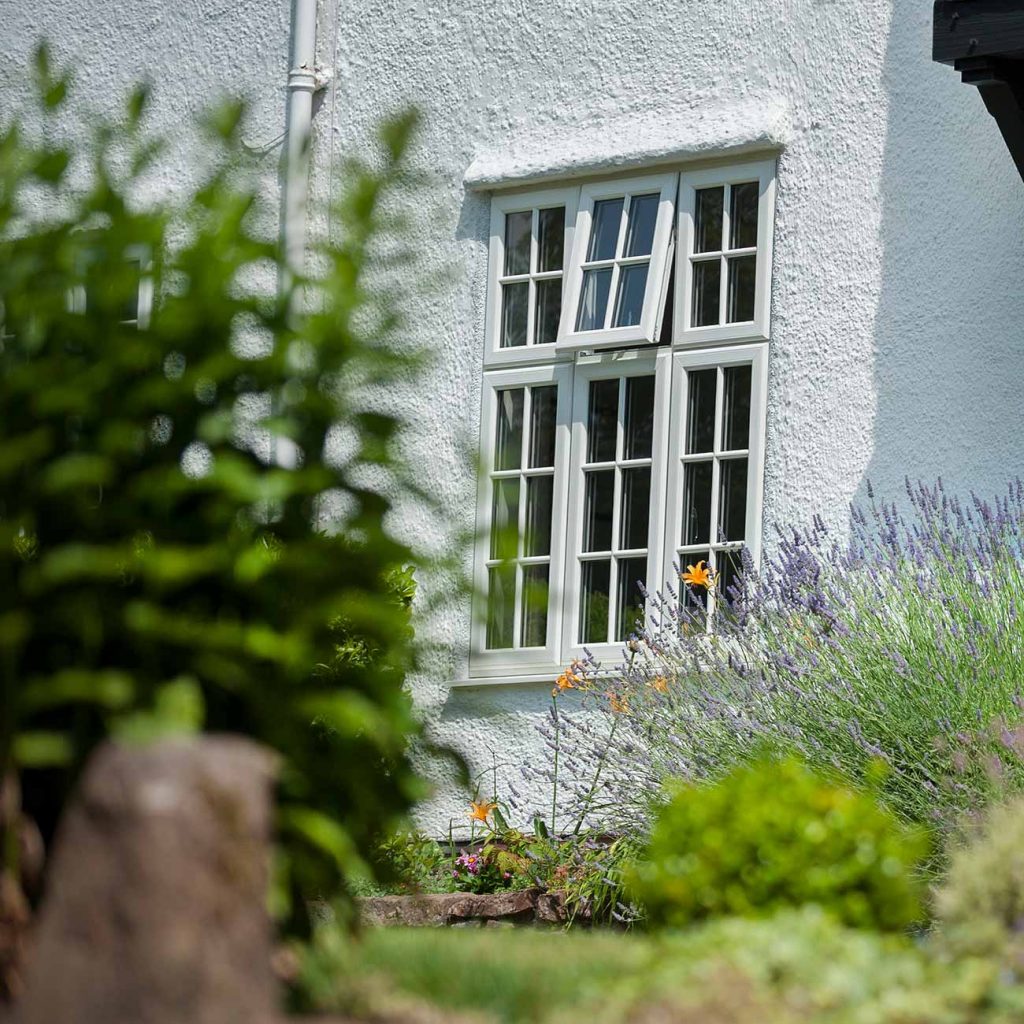
Choosing Dekko windows for acoustic performance
Dekko trade windows include uPVC, aluminium and timber-effect finishes providing both fantastic acoustic and thermal efficiency performance for any window installation. Dekko offers double glazed options, acoustic glazing features and multiple styles, including casement windows, sash windows and fully reversible windows to suit both aesthetics and acoustic needs.
How Dekko supports installers in selecting the right acoustic solutions
Our extensive range ensures installers can find the right solution every time. At Dekko we combine manufacturing expertise, tested product ranges and technical support to help installers meet acoustic performance requirements.
All our uPVC, aluminium and timber effect windows are manufactured at our Lancashire facility using high-quality profiles including Deceuninck and Reynaers, stateoftheart machinery and stringent quality control, guaranteeing superior thermal insulation and acoustic performance alongside exceptional craftsmanship. We deliver our products to customers nationwide, or they can visit our trade counters in Ashton and Swindon.
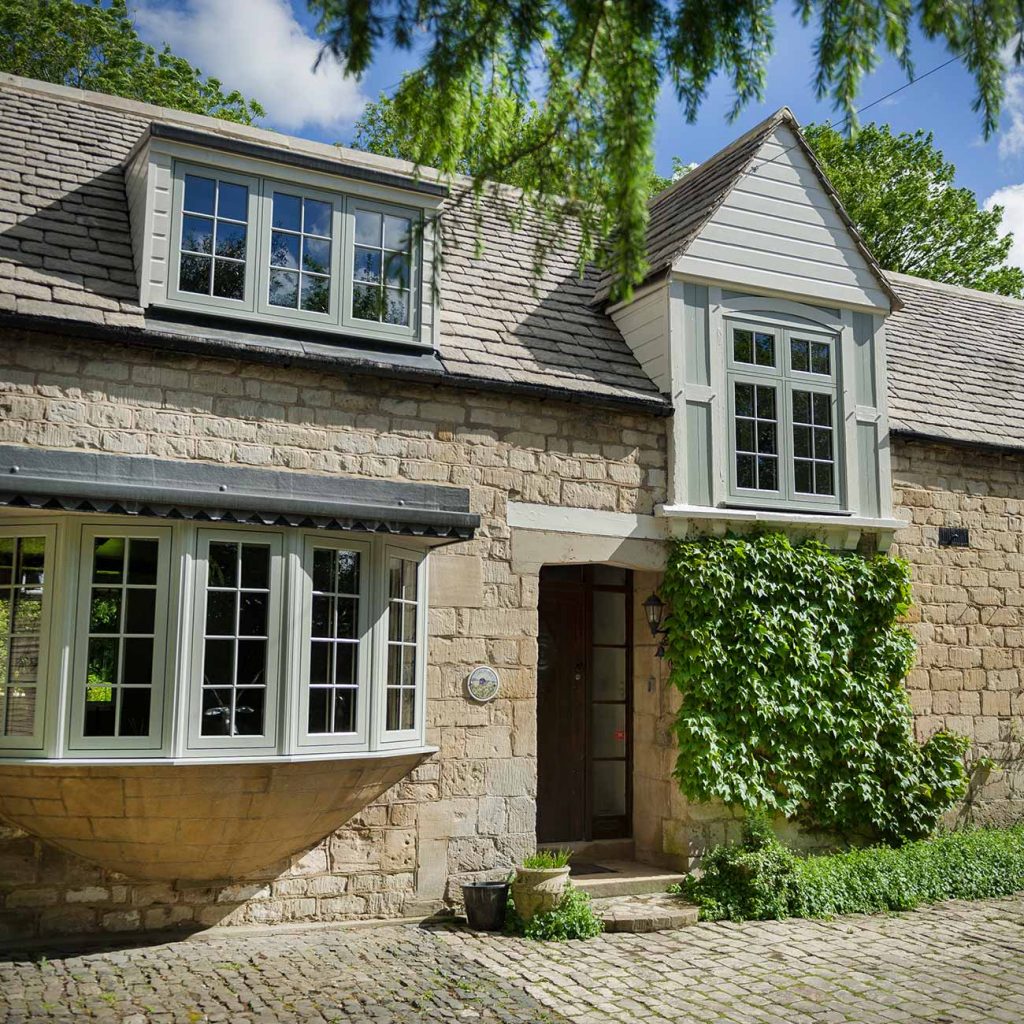
Call the Dekko team now
If you are planning a project where achieving the right double glazing acoustic performance matters, whether near a busy road, in a heritage property, or in a commercial or residential build, contact the Dekko technical team now. We can help you specify the best products for noise sensitive projects. Get in touch with Dekko today for project consultation,. Let’s ensure your next glazing installation performs as it should—for sound as for sight.
Summary / key takeaways
- Acoustic performance in glazing depends on more than pane count: glass type, seal quality, frame design, installation all matter.
- Use thicker glass panes, acoustic laminate glass or special acoustic glass windows in areas with high external noise.
- Evaluate whether double glazing will deliver the required sound reduction, or whether triple glazing or secondary glazing is needed.
- Dekko Window Systems manufactures a wide range of trade windows that allow specification for both thermal and acoustic performance.
Frequently asked questions
How do I choose between double glazing acoustic performance vs triple glazing?
Consider the level of external noise (busy road or quiet neighbourhood), required compliance (building regulations, planning), visible glass area, cost, frame depth. If noise is significant (road, railway) triple glazing or a double glazed unit with acoustic glass is needed.
When is secondary glazing the best option?
For retrofit projects or heritage work where replacing windows may be restricted, secondary glazing can significantly improve acoustic performance by adding an extra glazed pane inside the existing single glazing.
When do regulations force acoustic glazing?
Local authority or planning conditions may require windows to meet specified sound insulation levels where external noise is high, while in certain commercial or institutional buildings acoustic standards are stricter. Building regulations (Part E) between dwellings or in mixed use may demand minimum sound reduction.










Nationwide delivery in the UK
From our state-of-the-art factory in Lancashire, our products are transported to installers across the UK. We strive to meet all delivery deadlines to ensure our customers are never delayed. They stock an extensive range of PVCu and ancillary products to give installers easy and convenient access to all the necessary hardware.
Contact Us
